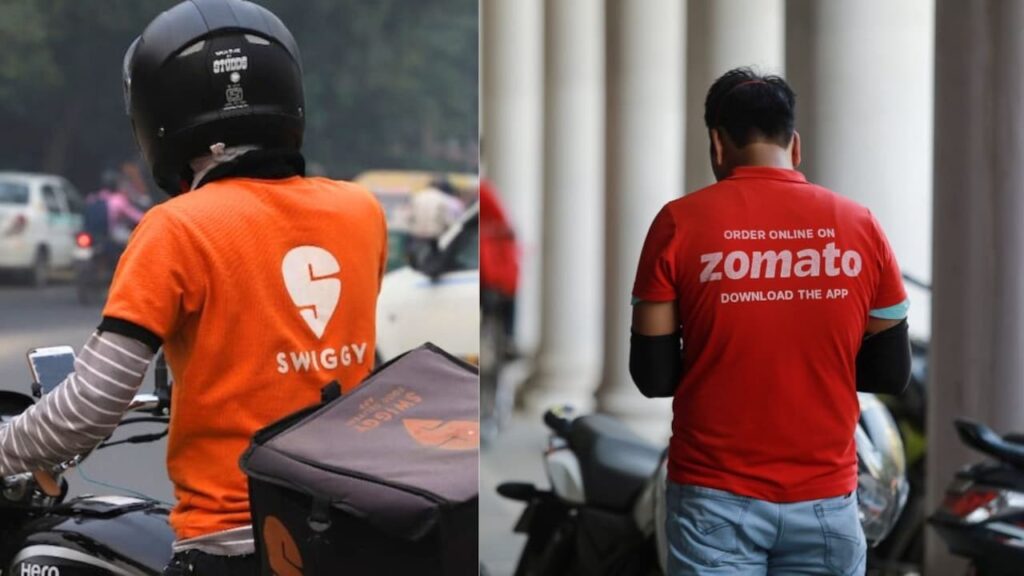Delivery Boys vs IT Freshers: Who Earns More in Today’s Job Market?

Delivery Boys vs IT Freshers: Who Earns More in Today’s Job Market?
Quick commerce earnings challenge traditional tech salaries, sparking a new debate on skill, opportunity, and effort.
With the rapid growth of online grocery services, the income of delivery agents working for platforms like Blinkit and Zepto is now being compared to that of freshers in major IT companies such as TCS and Infosys. The surprising reality is that some delivery partners, without a formal degree, are earning as much—or even more—than young professionals starting out in the tech industry.
The Quick Commerce Pay Scale
Delivery agents for Blinkit and Zepto typically earn between ₹1.5 lakh and ₹4.5 lakh per year. Their earnings depend largely on the number of orders completed, hours worked, and various incentives offered by the companies. In high-demand areas like Delhi, Mumbai, and Bengaluru, delivery partners can make over ₹25,000 per month. On average, they earn ₹30–₹100 per order, and since many complete multiple deliveries in a single shift, their daily income can rise significantly.
These agents also receive several incentives—such as peak-hour bonuses, performance rewards for completing a set number of deliveries within a time frame, and referral bonuses for onboarding new workers. However, they must arrange their own vehicle and register through the company’s app using valid ID proof such as Aadhaar.
The IT Fresher Pay Scale
In comparison, fresh graduates joining major IT firms like TCS, Infosys, and Wipro earn between ₹2.5 lakh and ₹9 lakh annually, depending on their skills and roles. Their salaries are fixed and paid monthly, unlike delivery workers whose income fluctuates daily based on workload and customer demand.
Benefits and Job Security
The biggest difference lies in benefits. IT employees receive perks like provident fund (PF), health insurance, paid leaves, and structured career growth through promotions and upskilling opportunities. In contrast, delivery partners enjoy fewer benefits, face higher physical demands, and have limited career advancement once their earnings plateau.
So, Who Earns More?
On paper, IT freshers tend to earn more overall. However, in practice, a hardworking delivery agent putting in long hours in a high-demand city can surpass the monthly income of a tech fresher. While IT jobs offer stability, growth, and long-term security, delivery jobs offer quick, flexible, and potentially higher short-term earnings—especially for those willing to work longer hours.
The ongoing expansion of the quick-commerce sector has blurred traditional lines between white-collar and gig work, opening new conversations about what defines success, skill, and fair compensation in today’s evolving job market.












